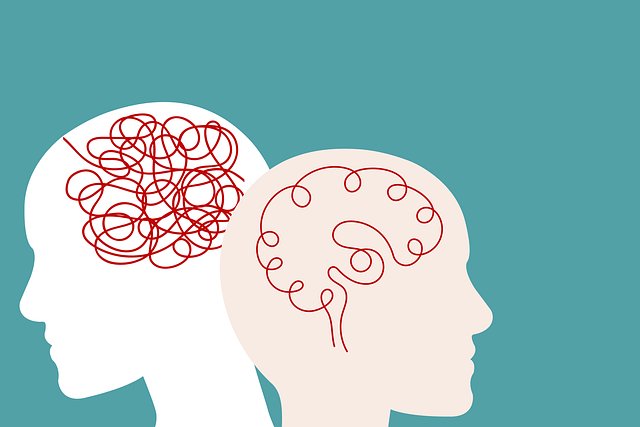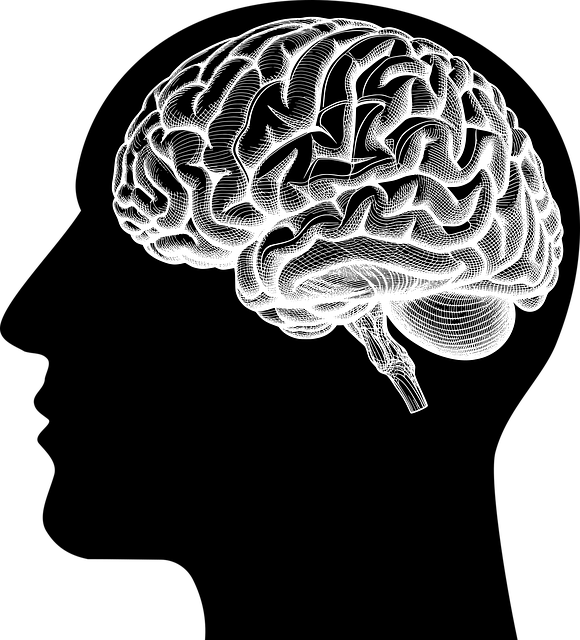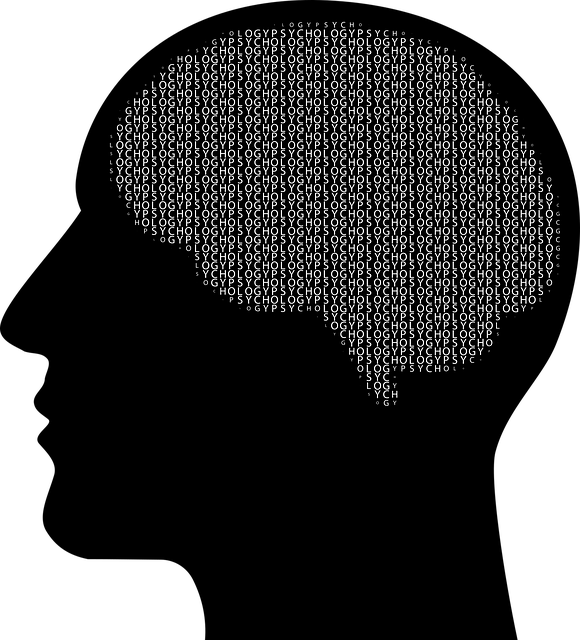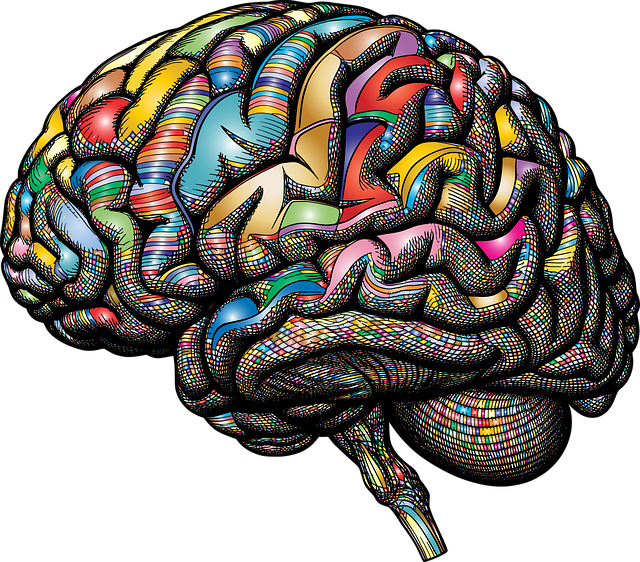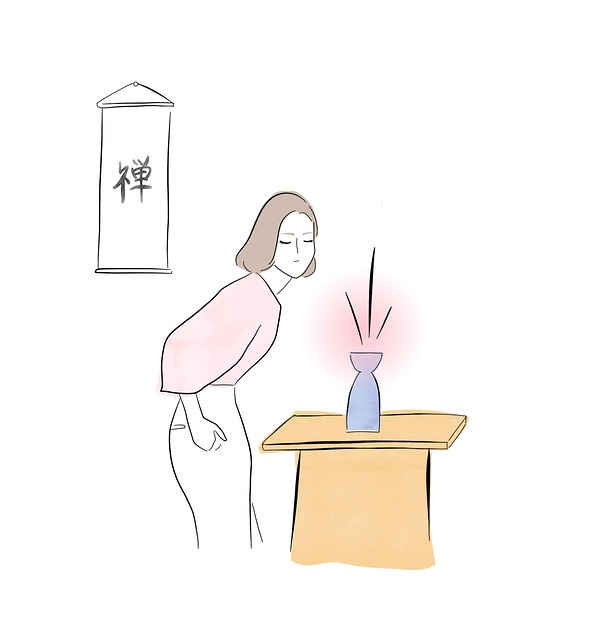Castle Rock Adjustment Disorder (CRAD) is a severe mental health condition characterized by exaggerated emotional responses to stress, leading to significant impairments in daily life. Though treatable with CRAD therapy, including social skills training and risk management planning, stigma often prevents individuals from seeking help. A holistic approach to mental wellness involves comprehensive policies, healthcare provider support, and tailored Castle Rock Adjustment Disorder therapy to manage symptoms, enhance resilience, and improve quality of life.
Mental wellness is a cornerstone of overall health, and understanding specific conditions like Castle Rock Adjustment Disorder (CRAD) is crucial. This article delves into CRAD’s impact on individuals, focusing on its symptoms and how it can disrupt daily life. We explore holistic strategies to promote mental wellness, emphasizing self-care, social connections, and lifestyle changes. Furthermore, we highlight the transformative power of therapy as a key tool in managing and overcoming CRAD. Discover how specialized Castle Rock Adjustment Disorder therapy can provide much-needed support and guidance.
- Understanding Castle Rock Adjustment Disorder: Symptoms and Impact
- Strategies for Promoting Mental Wellness: A Holistic Approach
- The Role of Therapy in Overcoming Castle Rock Adjustment Disorder
Understanding Castle Rock Adjustment Disorder: Symptoms and Impact

Castle Rock Adjustment Disorder (CRAD) is a mental health condition characterized by intense emotional and behavioral reactions to stressful events or transitions. Named after its initial identification in a high-stress work environment, CRAD symptoms include feelings of severe anxiety, depression, and anger, often accompanied by physical manifestations such as headaches, insomnia, and irritability. Individuals with CRAD may struggle with adjusting to major life changes, leading to significant impairment in daily functioning.
The impact of CRAD can be profound, affecting both personal and professional aspects of life. Without appropriate Castle Rock Adjustment Disorder therapy, individuals may experience difficulties in maintaining relationships, performing at work or school, and managing their overall well-being. However, with the right support and interventions, including social skills training and risk management planning for mental health professionals, CRAD is treatable. Mental illness stigma reduction efforts play a crucial role in encouraging individuals to seek help and fostering an environment of understanding and support.
Strategies for Promoting Mental Wellness: A Holistic Approach

Promoting mental wellness requires a holistic approach that addresses various aspects of an individual’s life. This involves not only addressing symptoms but also fostering resilience, self-care, and social connections. One effective strategy is integrating Castle Rock Adjustment Disorder Therapy, which focuses on helping individuals manage stress, anxiety, and depression through personalized techniques tailored to their unique needs.
Additionally, a comprehensive mental health policy analysis and advocacy are crucial to creating supportive environments at schools, workplaces, and healthcare settings. Boosting confidence and implementing burnout prevention strategies for healthcare providers can also significantly contribute to enhancing overall mental wellness. These interconnected approaches create a network of support, enabling individuals to lead healthier, more fulfilling lives.
The Role of Therapy in Overcoming Castle Rock Adjustment Disorder

Overcoming Castle Rock Adjustment Disorder (CRAD) often requires a multi-faceted approach, and therapy plays a pivotal role in this process. CRAD, characterized by intense emotional reactions to seemingly minor stressors, can significantly impact an individual’s daily life and overall mental wellness. The right therapeutic intervention can help individuals develop effective coping mechanisms and improve their ability to manage stress.
One of the primary benefits of therapy is its potential to enhance emotional regulation skills. Therapists equipped with specialized training in mental health policy analysis and advocacy can guide clients towards understanding and managing their emotional responses. Through various techniques, such as compassion cultivation practices, individuals learn to cultivate empathy, self-compassion, and a non-judgmental mindset—all of which are essential for navigating the challenges posed by CRAD. By addressing underlying issues and providing a safe space for expression, therapy enables individuals to develop resilience and improve their overall mental health and quality of life.
In conclusion, understanding and addressing Castle Rock Adjustment Disorder through holistic strategies that include therapy is paramount for promoting mental wellness. By recognizing the symptoms and their impact, individuals can take proactive steps towards a healthier mind. Effective therapy plays a pivotal role in overcoming this disorder, providing tools to manage stress and adapt to life’s challenges. Through integrated approaches, those affected can find balance, resilience, and improved quality of life, ultimately breaking down barriers associated with Castle Rock Adjustment Disorder.

